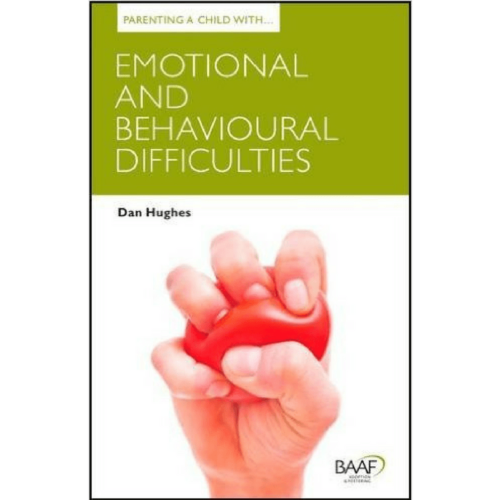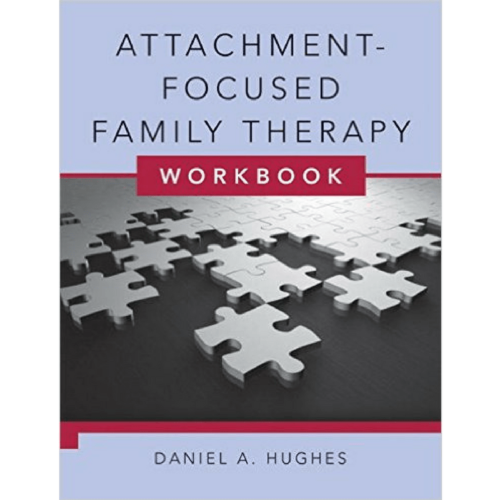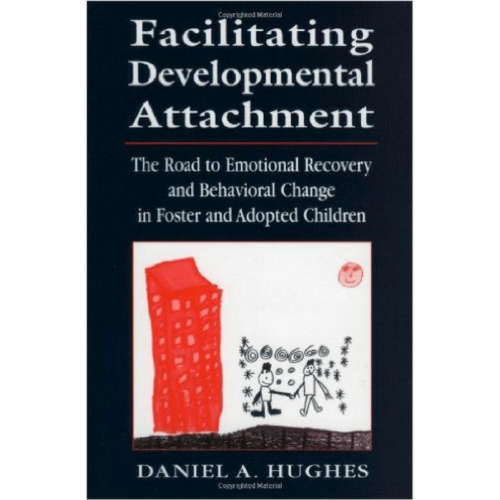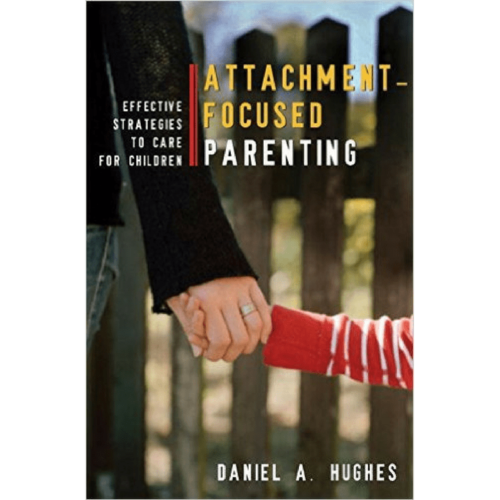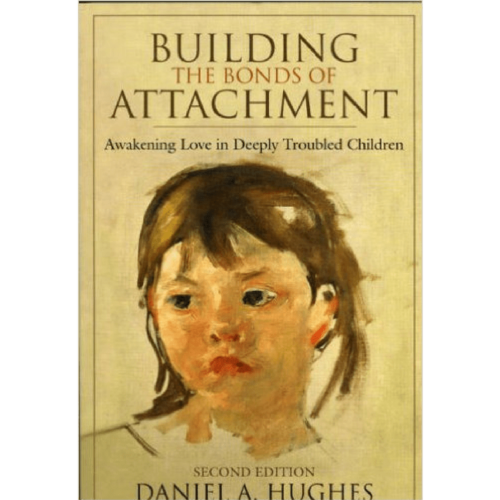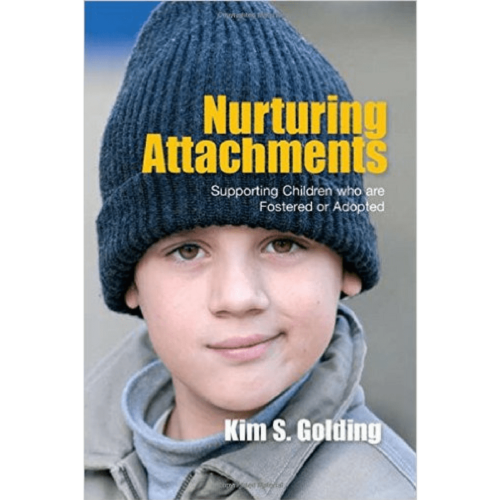-
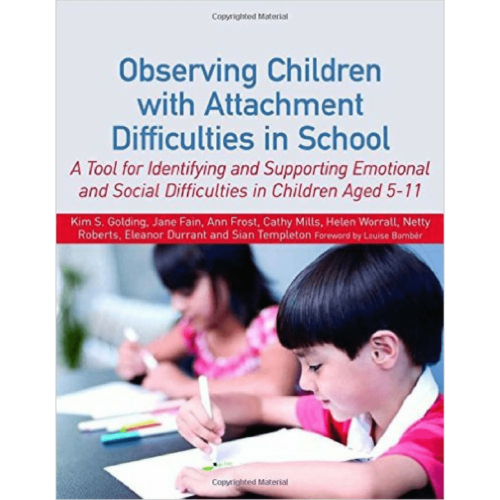 Helen Worrall, Sian Templeton, Netty Roberts, Ann Frost, Kim Golding, Eleanor Durrant, Jane Fain, and Cathy Mills Emotional difficulties in children aged 5-11 can display themselves in a range of different behaviours, and it is important for staff in schools to be able to identify and address these problems, and to provide appropriate help. This easy-to-use tool provides an observation checklist which enables staff to identify behavioural patterns in children with social and emotional difficulties, analyse the emotional difficulties underlying these behaviours and establish what kind of help and support the children need. Behavioural responses are categorised within clearly outlined topics, including behaviour, play and relationship with peers, attachment behaviours, emotional state in the classroom and attitude to attendance. Checklists and diagrams identify different 'styles' of relating (secure, avoidant, ambivalent), to help school staff who work with children and their families to respond appropriately to the individual needs of each child. A range of handouts include activities designed to provide emotional support, to focus and regulate behaviour and enable the child to develop important social and emotional skills. Suitable for use with children aged 5-11, this tool will be an invaluable resource for teachers, teaching assistants, learning support staff, school counsellors and educational psychologists. Buy on Amazon
Helen Worrall, Sian Templeton, Netty Roberts, Ann Frost, Kim Golding, Eleanor Durrant, Jane Fain, and Cathy Mills Emotional difficulties in children aged 5-11 can display themselves in a range of different behaviours, and it is important for staff in schools to be able to identify and address these problems, and to provide appropriate help. This easy-to-use tool provides an observation checklist which enables staff to identify behavioural patterns in children with social and emotional difficulties, analyse the emotional difficulties underlying these behaviours and establish what kind of help and support the children need. Behavioural responses are categorised within clearly outlined topics, including behaviour, play and relationship with peers, attachment behaviours, emotional state in the classroom and attitude to attendance. Checklists and diagrams identify different 'styles' of relating (secure, avoidant, ambivalent), to help school staff who work with children and their families to respond appropriately to the individual needs of each child. A range of handouts include activities designed to provide emotional support, to focus and regulate behaviour and enable the child to develop important social and emotional skills. Suitable for use with children aged 5-11, this tool will be an invaluable resource for teachers, teaching assistants, learning support staff, school counsellors and educational psychologists. Buy on Amazon -
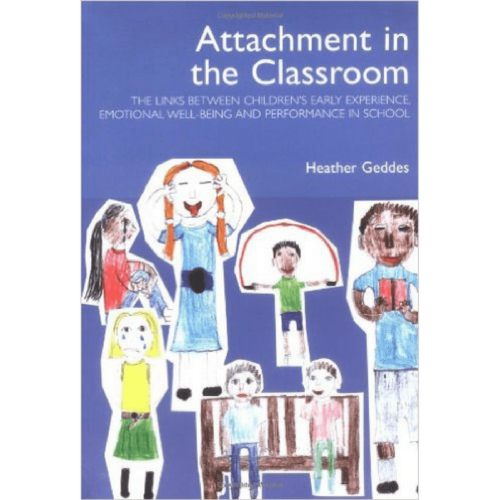 Dr. Heather Geddes Every day, teachers and other school staff have to deal with children who present challenging behavior during their learning process at school. This book combines the fundamental principles of attachment theory with teacher-based case studies and practical 'how to' interventions. Buy on Amazon
Dr. Heather Geddes Every day, teachers and other school staff have to deal with children who present challenging behavior during their learning process at school. This book combines the fundamental principles of attachment theory with teacher-based case studies and practical 'how to' interventions. Buy on Amazon -
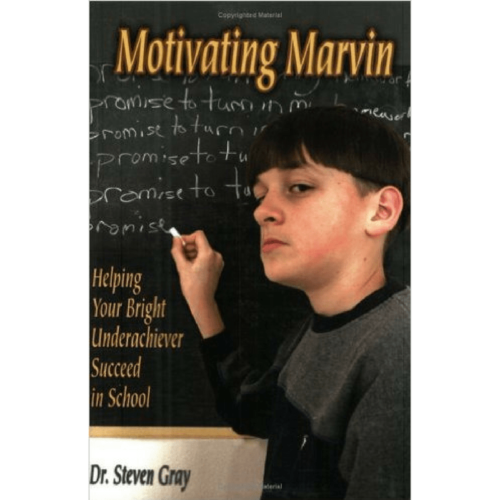 Dr. Steven Gray Motivating Marvin is all about helping your youngster succeed in school. So many students today fail to achieve their best within the academic setting. In fact, you might say we are in the middle of an educational underachievement epidemic. These young persons have the potential to do well - are academically capable - but time after time, they fail to do so. Why? And what can we do? Motivating Marvin is designed for parents and teachers who have these underachievers in their homes or classrooms. Dr. Gray describes some of the most common pitfalls that play into academic underachievement, and then offers parents proven strategies which can help motivate students to do their best in school. Dr. Gray covers everything from neuropsychologic factors to motivational "carrots," personality temperament to parenting practices. He helps parents understand the dynamics being played out in their homes and equips them to assist youth in an academic turnaround. As with his first book, Dr. Gray combines an entertaining and lively dialogue with the reader, emphasizing practical solutions. Buy on Amazon
Dr. Steven Gray Motivating Marvin is all about helping your youngster succeed in school. So many students today fail to achieve their best within the academic setting. In fact, you might say we are in the middle of an educational underachievement epidemic. These young persons have the potential to do well - are academically capable - but time after time, they fail to do so. Why? And what can we do? Motivating Marvin is designed for parents and teachers who have these underachievers in their homes or classrooms. Dr. Gray describes some of the most common pitfalls that play into academic underachievement, and then offers parents proven strategies which can help motivate students to do their best in school. Dr. Gray covers everything from neuropsychologic factors to motivational "carrots," personality temperament to parenting practices. He helps parents understand the dynamics being played out in their homes and equips them to assist youth in an academic turnaround. As with his first book, Dr. Gray combines an entertaining and lively dialogue with the reader, emphasizing practical solutions. Buy on Amazon -
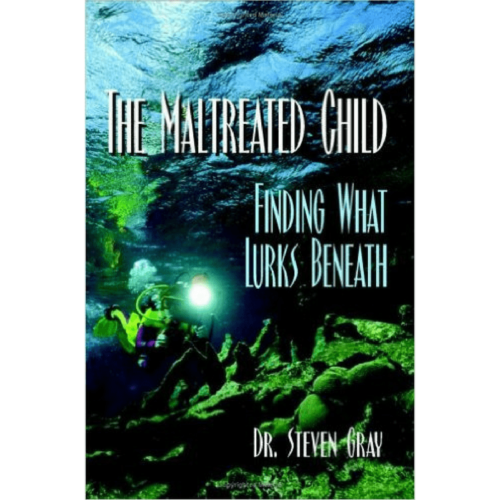 Dr. Steven Gray Parents who struggle to maintain their sanity while a troubled youth is in the home know the frustration and discouragement that can easily develop. These concerned parents take their youngster from doctor to doctor, counselor after counselor, yet never fully understand or find long-term help for the problems. However in his book, The Maltreated Child, Dr. Gray unravels for parents the complex world of the brain. He explores the underlying root causes that prompt adoptive/foster as well as biological youth to terrorize a home. The first priority in helping these young persons is to discover what is fueling the behavioral mayhem. Unless parents/teachers have an understanding of what is producing the seemingly irrational actions, it is extremely hard to find workable and practical solutions. Dr. Gray has been working with maltreated youth who face these difficulties for over two decades. He sees his job as helping parents discern the underlying causes of the young person’s behavior and providing answers specifically tailored for each child. In this book, the author blends his clinical expertise with his unique sense of humor to present down-in-the-trenches practical information for parents. Buy on Amazon
Dr. Steven Gray Parents who struggle to maintain their sanity while a troubled youth is in the home know the frustration and discouragement that can easily develop. These concerned parents take their youngster from doctor to doctor, counselor after counselor, yet never fully understand or find long-term help for the problems. However in his book, The Maltreated Child, Dr. Gray unravels for parents the complex world of the brain. He explores the underlying root causes that prompt adoptive/foster as well as biological youth to terrorize a home. The first priority in helping these young persons is to discover what is fueling the behavioral mayhem. Unless parents/teachers have an understanding of what is producing the seemingly irrational actions, it is extremely hard to find workable and practical solutions. Dr. Gray has been working with maltreated youth who face these difficulties for over two decades. He sees his job as helping parents discern the underlying causes of the young person’s behavior and providing answers specifically tailored for each child. In this book, the author blends his clinical expertise with his unique sense of humor to present down-in-the-trenches practical information for parents. Buy on Amazon -
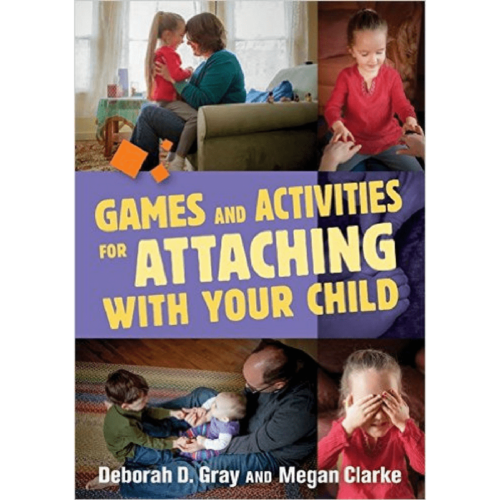 Deborah D. Gray and Megan Clarke Packed full of great ideas for fun games and activities, this book encourages positive attachments between a parent or carer and their child. When it comes to choosing the best games to play with children who have difficulties attaching, it is often hard to know how to play with a purpose. This book contains fun, age-appropriate games along with an explanation of why they matter. All the games included are designed for specific age ranges, from infants to older children, and help to address particular needs in children that are known to affect attachment, including fetal alcohol spectrum disorder. It provides an easy-to-understand description of attachment and reveals the crucial role that play has in forming attachments. Written for parents and carers, as well as for use by professionals, it is full of strategies to help build healthy attachments in children who have experienced early trauma. Buy on Amazon
Deborah D. Gray and Megan Clarke Packed full of great ideas for fun games and activities, this book encourages positive attachments between a parent or carer and their child. When it comes to choosing the best games to play with children who have difficulties attaching, it is often hard to know how to play with a purpose. This book contains fun, age-appropriate games along with an explanation of why they matter. All the games included are designed for specific age ranges, from infants to older children, and help to address particular needs in children that are known to affect attachment, including fetal alcohol spectrum disorder. It provides an easy-to-understand description of attachment and reveals the crucial role that play has in forming attachments. Written for parents and carers, as well as for use by professionals, it is full of strategies to help build healthy attachments in children who have experienced early trauma. Buy on Amazon -
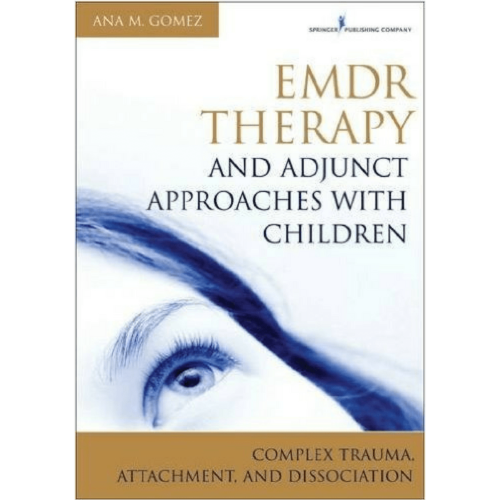 Ana M. Gomez This is the first book to provide a wide range of leading-edge, step-by-step strategies for clinicians using EMDR therapy and adjunct approaches with children with severe dysregulation of the affective system. Written by an author internationally known for her innovative work with children, the book offers developmentally appropriate and advanced tools for using EMDR therapy in treating children with complex trauma, attachment wounds, dissociative tendencies, and compromised social engagement. The book also presents the theoretical framework for case conceptualization in EMDR therapy and in the use of the Adaptive Information Processing model with children. Principles and concepts derived from the Polyvagal Theory, affective neuroscience, attachment theory, interpersonal neurobiology, developmental neuroscience and the neurosequential model of therapeutics, which can greatly support and expand our understanding of the AIP model and complex trauma, are presented. The text also offers an original and pioneering EMDR therapy-based model to working with parents with abdicated caregiving systems. The model is directed at assisting parents in developing the ability for mentalization, insightfulness, and reflective capacities linked to infant's development of attachment security. A unique and innovative feature of this book is the masterful integration of strategies from other therapeutic approaches, such as Play therapy, Sandtray therapy, Sensorimotor psychotherapy, Theraplay and Internal Family Systems (IFS), into a comprehensive EMDR treatment maintaining appropriate adherence to the AIP model and EMDR therapy methodology. Buy on Amazon
Ana M. Gomez This is the first book to provide a wide range of leading-edge, step-by-step strategies for clinicians using EMDR therapy and adjunct approaches with children with severe dysregulation of the affective system. Written by an author internationally known for her innovative work with children, the book offers developmentally appropriate and advanced tools for using EMDR therapy in treating children with complex trauma, attachment wounds, dissociative tendencies, and compromised social engagement. The book also presents the theoretical framework for case conceptualization in EMDR therapy and in the use of the Adaptive Information Processing model with children. Principles and concepts derived from the Polyvagal Theory, affective neuroscience, attachment theory, interpersonal neurobiology, developmental neuroscience and the neurosequential model of therapeutics, which can greatly support and expand our understanding of the AIP model and complex trauma, are presented. The text also offers an original and pioneering EMDR therapy-based model to working with parents with abdicated caregiving systems. The model is directed at assisting parents in developing the ability for mentalization, insightfulness, and reflective capacities linked to infant's development of attachment security. A unique and innovative feature of this book is the masterful integration of strategies from other therapeutic approaches, such as Play therapy, Sandtray therapy, Sensorimotor psychotherapy, Theraplay and Internal Family Systems (IFS), into a comprehensive EMDR treatment maintaining appropriate adherence to the AIP model and EMDR therapy methodology. Buy on Amazon

